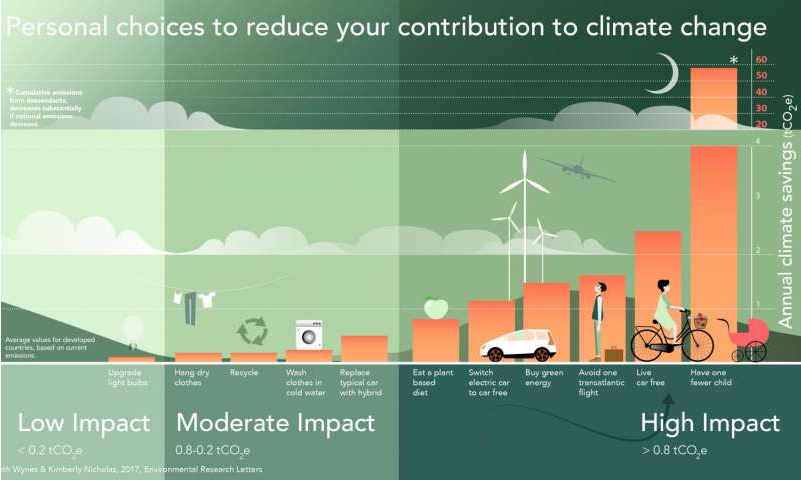I meet an elder couple inspecting the damage in their wine yard. They tell me that the storm reached 130 km/h. I ask them if such a natural phenomenon occurs frequently in the region, because I can’t remember that it did 20 years ago, when I was still living for good in Vienna. They vividly shake their heads, “No, storms and lightening was usually absorbed to a good part by the lake.” “Well, then I wonder, why some people still don’t believe that the climate change is happening.” The wine-grower replies that there is no question about that, “when did we ever have days with 40˚C? And why did we harvest our grapes 50 years ago in October, but now in mid August?” His wife deplores the inactivity of politicians “Why don’t they do anything against it? They just talk, but don’t act.” I point at their car with engine running while they inspect their property and chat with me while I stand next to my bicycle and reply “Change starts with ourselves. We can not expect from politicians to fix everything. They are just on part in our system and don’t have a clue how to change the behavior of more than 7 billion.” We part with a friendly nod, me cycling to my hotel, them inspecting their boat in the lake marina.
The documentary Before the Flood appears again before my eyes, and a chill runs down my spine realizing that the severe climate change shown therein does not only affect locations in subtropical and tropical climate zones like Miami or Polynesian Islands, but also hitherto safe and temperate climate zones like cozy Central Europe. In a system there are no side effects, only cause and effect. In a global ecological system there are no safe heavens; there are only locations which are hit earlier and others later. I remember that my father kept complaining more than 20 years ago that big spiders from South of the Alps intruded our wine cellar. We imported them with wine boxes from that region, but they stayed in our home, North of the Alps. The two most aggressive neophytes in Central Europe, threating many local species, are from India (impatiens glandulifera) and Japan (fallopia japonica), i.e. subtropical climate zones. All our efforts in exterminating them are in vain, because the real threat is our own species.
We have reached according to quite a few serious scientists in 2015 a tipping point, i.e. a count down for armargedon. If we continue to manage our resources and that is essentially ourselves like we did in the past there are about 20 years left until total havoc hits this planet. Each one of us is guilty of making life for the next generation if not at all impossible then at least seriously disadvantaged, if we do not change our consumption behavior radically. Many still ask how? Or complain why others don’t act. Don’t ask. Don’t complain. Act. Change starts with yourself.
- watch Before the Flood – it is available for free streaming on National Geographic until November 7. Alternatively, ask me for a free copy.
- Look again closely at the graph which I used as a header for this text and understand which behavior does have most impact; if you bother read this short article.
- And think twice about why we have this ecological disaster. Psychologically speaking, our excess consumption only fills an emotional and spiritual void. Spend more time with your friends, family and in particular strangers; I guarantee you will have less desire to consume stuff you don’t need at all. If you don’t understand what I mean by that, watch the surreal movie Momo or read the namesake novel by Michael Ende. It tells in a beautiful and poetic form what academics like sociologist Hartmut Rosa tried to describe in Acceleration and Alienation. We need to slow down and concentrate again on what really matters: caring more for each other and less about ourselves.

 RSS Feed
RSS Feed